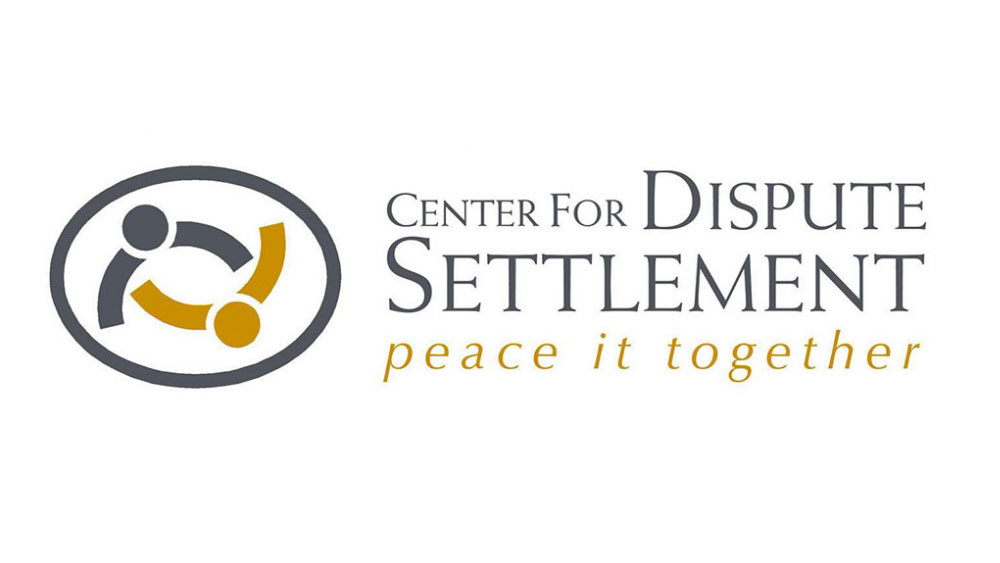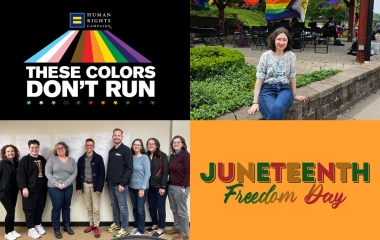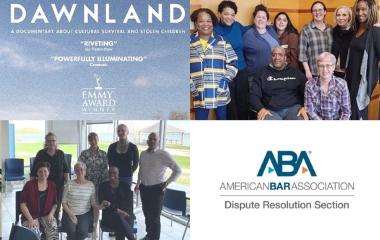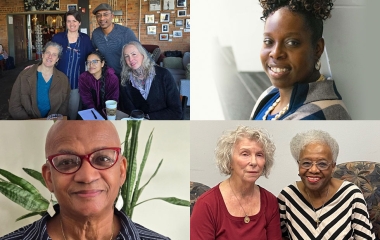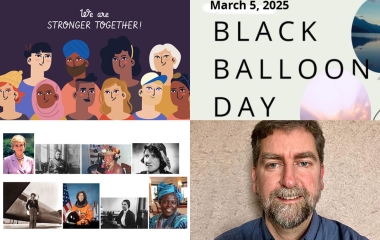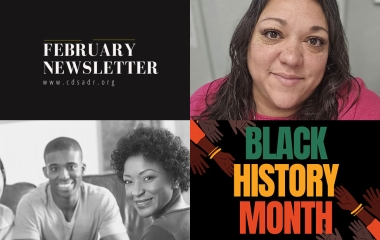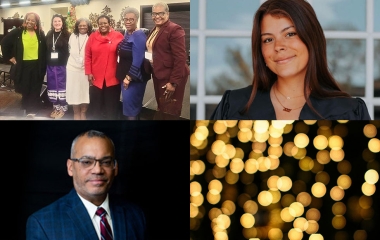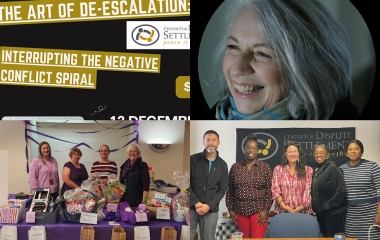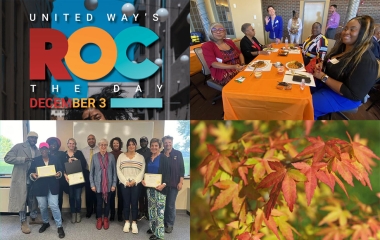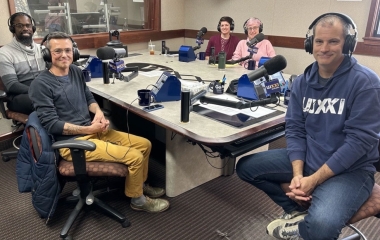The Civilian Review Board (CRB) program will end June 30, 2021
The Center for Dispute Settlement (The Center) will be ending its Civilian Review Board (CRB) program with the City of Rochester as of June 30, 2021.
The CRB has been in operation since the late 1970’s as part of the Center’s Police/Community Relations Program (PCRP), the nation’s first program whereby local governments contract with an independent agency to provide third party neutrals to sit in review of civilian complaints against law enforcement officers. For over 40 years, the Center has provided oversight to the Rochester City Police Department and the Monroe County Sheriff’s Department, acting as an independent neutral with the authority to recruit and train civilians to serve as mediators and sit on review panels, to review completed investigations of misconduct against law enforcement personnel, and to make finding recommendations to the Police Chief and Monroe County Sheriff. The PCRP has also provided a range of services designed to strengthen the relationship between law enforcement and the community at large, including: police complaint intake services, community advocacy services, community education, and conciliation/mediation opportunities between citizens and officers.
In 2019, Rochester’s citizens voted in favor of establishing the Police Accountability Board (PAB) as an agency within City government that will take over the role of police oversight in Rochester. The City Charter requires the PAB to independently investigate complaints of officer misconduct, make every aspect of policing in Rochester transparent, craft new policies and rules to fundamentally change public safety in Rochester, hold City officials accountable for change, and create spaces for the community to be heard. Currently, a pending lawsuit prevents the PAB from establishing the disciplinary authority it was designed to achieve. However, funding for the PAB has been included in the proposed City budget, allowing the PAB to fulfill its police oversight duties.
The public discourse around the creation of the PAB stemmed from discussions among community members who were tired of the lack of accountability they perceived within law enforcement. The PAB Alliance, a consortium of community agencies, worked to develop a new model that would ensure citizens an expanded voice in police oversight and give them greater authority in determining what changes need to be made within the police department. These conversations are happening within cities across our nation. The deaths of George Floyd, Daniel Prude, and numerous other widely publicized incidents of police brutality against Black Americans have changed the landscape of community-law enforcement relations compared to what they were 40 years ago. Communities are demanding increased accountability and systemic change, a re-envisioning of public safety, and a commitment by all public servants to end racism in all its forms. At the Center, we believe these changes represent important steps forward toward creating a system of public safety that serves all its citizens.
Over the past few years, our staff and board have reflected on our role in serving our communities, and we have made the commitment to work to become an anti-racist organization, acknowledging that the current times we live in call for bold, courageous action. This stance is in fact aligned with our values that have been present throughout our history. Formed in 1973, CDS was established amidst the polarization occurring in Rochester and cities across the country in response to the civil rights movement. We are steadfast in our commitment to support the work that engages our community towards transformative change that we know is needed. We stand for systemic change to bring justice and equity for all our residents.
At the same time, as a community dispute resolution center, we firmly believe in the power of dialogue to support the systemic changes that are needed across our communities. We recognize that ongoing relationships, open and transparent communication, and engagement and participation of all stakeholders are necessary catalysts for meaningful, long-lasting change. As the PAB transitions into its role in police oversight, we hope that it will include a mechanism for dialogue among civilians and officers, as well as continuing opportunities for law enforcement professionals to contribute to developing policies and procedures that affect their work. Improving our communities will take all members of our community working together to find solutions that serve all our citizens. It will take creativity, open-mindedness, and a willingness to push past our biases and preconceived notions, past our conditioning within dominator paradigms, and towards envisioning a future where everyone is treated with dignity, respect, and humanity. As we re-envision public safety, we hope that law enforcement officials will be invited to be part of the movement that is needed to help Rochester become an anti-racist, safe, and inclusive community for all its citizens.
As we move through this transitional time, the Center will continue to do our own work within our organization to foster equity, inclusion, and justice in our work with our staff, volunteers, board, and all our community partners. We will continue to offer a full range of non-violent dispute resolution services, restorative initiatives, trainings, and community mobilization resources to all members of the communities we serve. And we will continue to work in partnership with any and all government agencies, organizations, neighborhoods, faith communities, and citizens to continue the dialogue to re-imagine the future of our communities, together.
For media inquiries, contact:
Shira May
President & CEO
Center for Dispute Settlement
smay@cdsadr.org
(585) 546-5110 x 106


